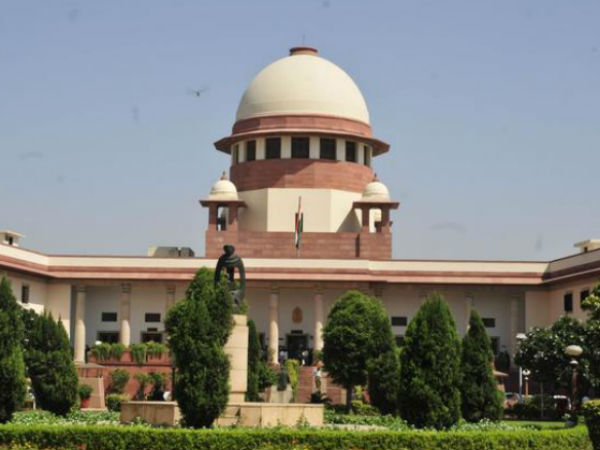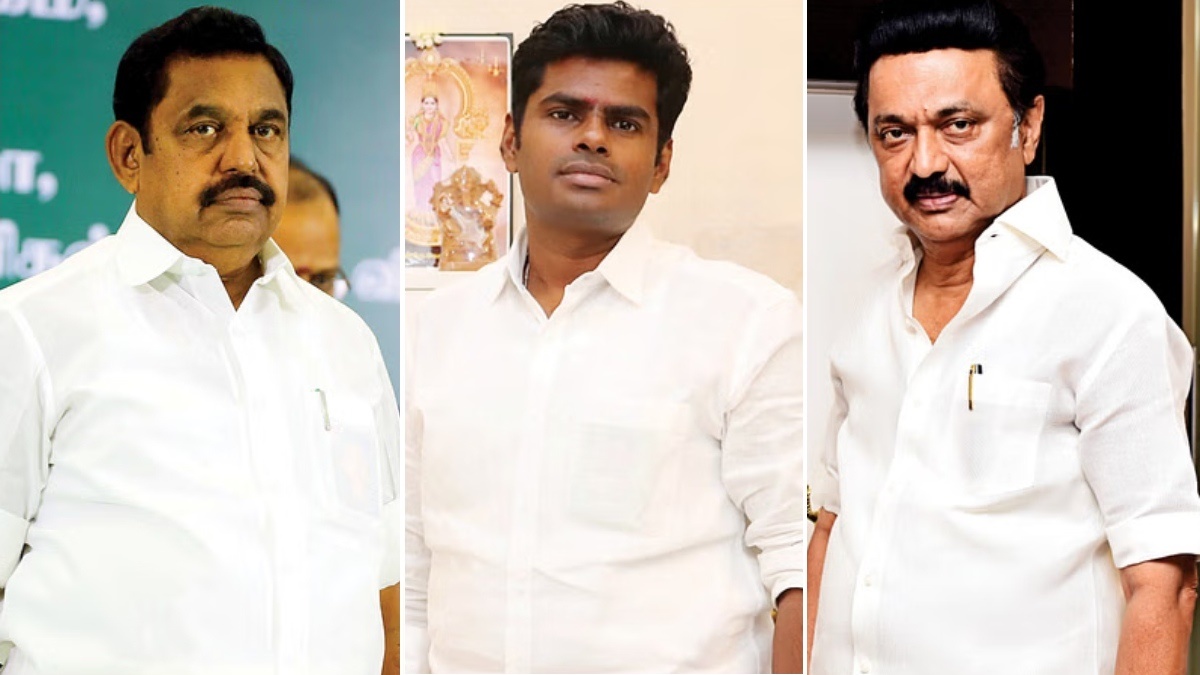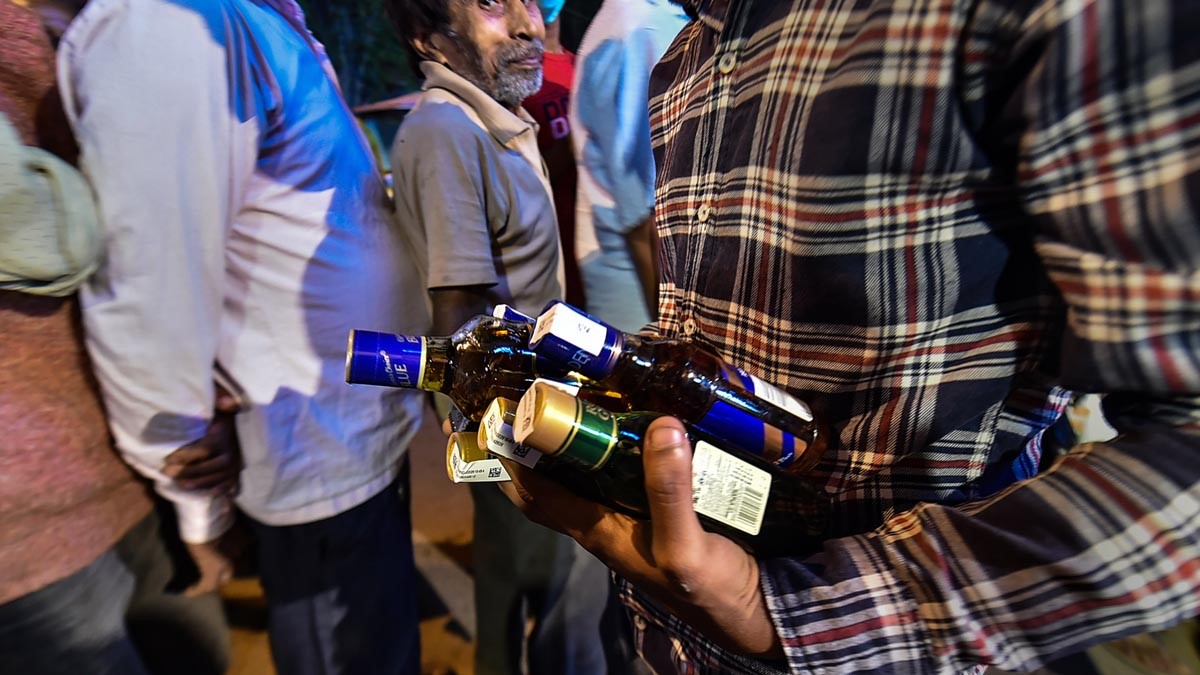
Govt asked to widen definition of sexual exploitation; portrayal of women as sex-objects to change
New Delhi, Aug 25: Acting upon recommendations of the National Legal Service Authority (NALSA) in the Immoral Traffic (Prevention) Act, the Supreme Court has asked the Centre to respond to the authority's suggestions to enlarge the definition of sexual exploitation to include involuntary acts done under coercion and in absence of free will.
The NALSA in its 17 recommendations dealing with various steps to curb sexual exploitation and human trafficking including rescue and rehabilitation of the victims of the organized crime has told the bench of Justice Anil R Dave, Justice Madan B. Lokur and Justice Kurian Joseph to step in to remove the lacunae in law by defining sexual exploitation.

"The court may consider recommending to the legislature the need to define sexual exploitation and in the interregnum, the court may amplify the definition of sexual exploitation to include a situation where a person under coercion and absence of free will is used or abused, or explicitly portrayed, either physically or through media (print, electronic, internet) in a sexual manner, for the benefit of another person(s) …," the NALSA recommendation said.
It was of the view that "the government must give serious consideration to amend the ITPA, since it neither addresses prevention, nor effective rehabilitation and nor does it provide for a witness protection protocol, despite being an act specifically on trafficking for immoral purposes".
NALSA sought that the stakeholders "need to be given defined roles and made accountable..."
Seeking the government's response to NALSA recommendations, the court took a serious view that despite its July 22 order that all the states and union territories would collect a copy of the report from NALSA office, only six states and two UTs complied.
Noting the absence of the lawyers representing states, Justice Dave observed: "They don't bother to come here (court), why they will go to (NALSA office) to collect the report."
Directing listing of the matter on October 13, the court, accepting Additional Solicitor General Neeraj Kishan Kaul's plea that the Central Advisory Committee (CAC) should consider the report before the court passes any order on it, asked all the states and UTs to take their copies before September 3 meeting of the CAC where the issues dealt with by NALSA would be deliberated.
The court also said that besides submitting the minutes of the September 3 meeting, the government will also inform the court on the steps agreed in the meeting to be taken in pursuance to the NALSA recommendations.
Describing the report as "fantastic" and a "great movement forward", senior counsel Dushyant Dave, appearing for petitioner NGO Prajwala, said that the core issue was implementation of existing laws to curb trafficking and sexual exploitation.
"There is a pathological neglect of the enforcement of laws by the state," he said, citing the insensitivity with which state governments were treating such an alarming issue.
Dave demanded the states must be asked to explain the steps taken by them to enforce the directions of the court issued way back in 1990.
"Whole generation of people is lost … every year 250,000 women are annually brought in the business," he said, comparing it with the situation in Punjab where every second home had a drug addict.
Pointing out that there was a "strong linkage" between trafficking and missing people and trafficking in human beings is one of the largest organised crimes in the world, one of the NALSA recommendations had called for setting up an exclusive and specialized agency for investigating organized crime.
Amongst other recommendations, NALSA has favoured setting up of a nodal agency at the national and state level and district task force to deal with the issue of prevention, rescue and rehabilitation of rescued sex workers and victims of trafficking. It also noted the gaps in data relating to trafficking, and particularly of sexual exploitation and forced labour.
It also made recommendations on rehabilitation of victims and extending them legal assistance.
OneIndia News
(With inputs from agencies)


 Click it and Unblock the Notifications
Click it and Unblock the Notifications

































